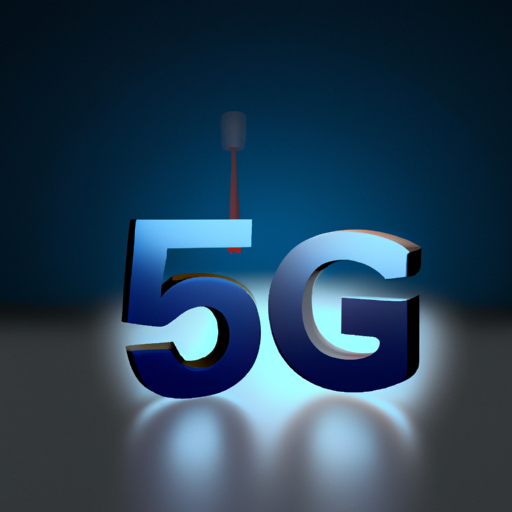As the world continues to embrace digital transformation, 5G technology emerges as a game-changer in the realm of wireless communication. With its promise of faster speeds, lower latency, and increased connectivity, 5G represents the next generation of mobile networks. In this blog post, we will explore the fundamentals of 5G technology, its benefits, and its potential impact on various sectors.
What is 5G Technology?
5G, or fifth-generation wireless technology, is designed to significantly enhance the performance of mobile networks. It is built to support a massive increase in device connectivity and data transmission speeds. With 5G technology, users can experience download speeds up to 100 times faster than 4G LTE networks.
Key Benefits of 5G
- Faster Speeds: 5G networks can deliver speeds exceeding 10 Gbps, enabling the download of large files in seconds.
- Lower Latency: With latency as low as 1 millisecond, 5G provides near-instantaneous communication, which is crucial for applications like remote surgery and autonomous vehicles.
- Enhanced Capacity: 5G can support up to 1 million devices per square kilometer, catering to the growing demand for IoT (Internet of Things) devices.
- Improved Reliability: The reliability of 5G networks ensures consistent connectivity, making it ideal for critical communications.
5G vs. 4G: What’s the Difference?
While 4G technology revolutionized mobile communication, 5G takes it to the next level by offering superior performance and capabilities. The major differences include:
- Speed: 5G is significantly faster than 4G, making activities like streaming and gaming smoother.
- Latency: 5G reduces latency to near-zero, which enhances real-time applications.
- Device Connectivity: 5G supports a far greater number of connected devices simultaneously compared to 4G.
Applications of 5G Technology
The impact of 5G technology spans numerous sectors, including:
- Healthcare: Telemedicine and remote surgery will benefit from low latency and reliable connections.
- Automotive: 5G will facilitate the development of autonomous vehicles through constant communication with infrastructure and other vehicles.
- Smart Cities: Enhanced connectivity will enable smart traffic management, better energy efficiency, and improved public services.
Conclusion
5G technology is poised to revolutionize the way we connect and communicate. With its myriad benefits and applications, it will drive innovation across industries and lay the foundation for a more connected future. As we transition from 4G to 5G, staying informed about its developments will be crucial for individuals and businesses alike.
For more information on cutting-edge technologies, stay tuned to our blog!




